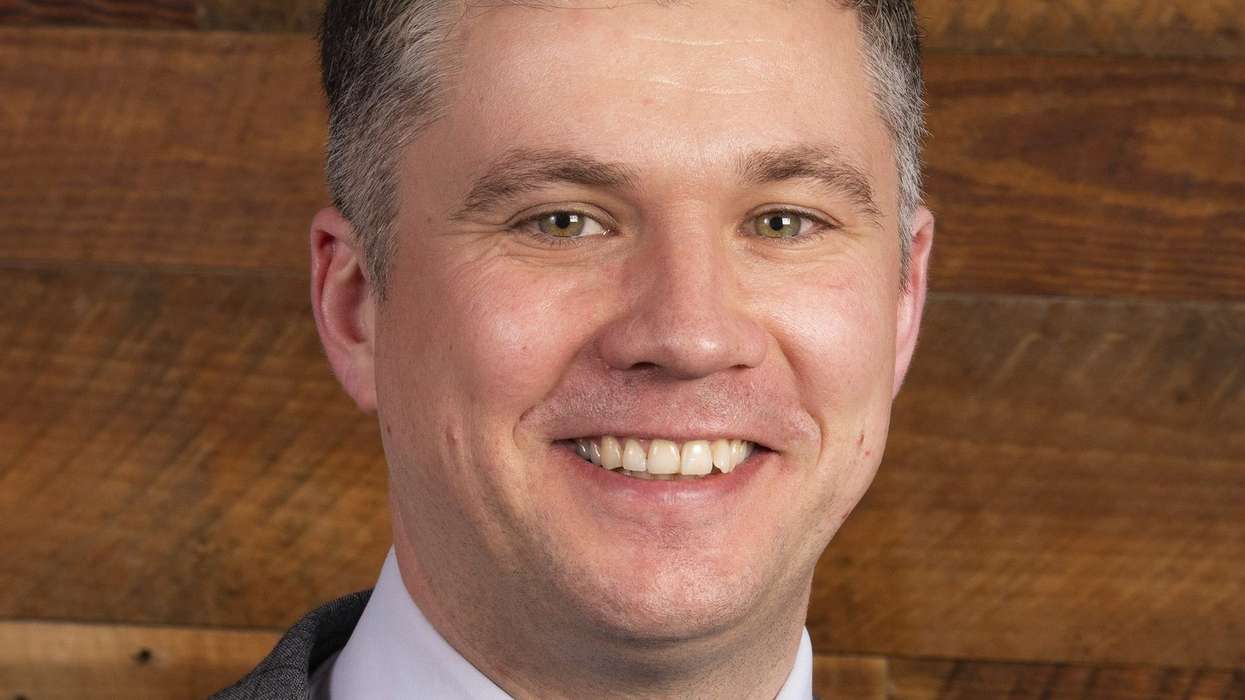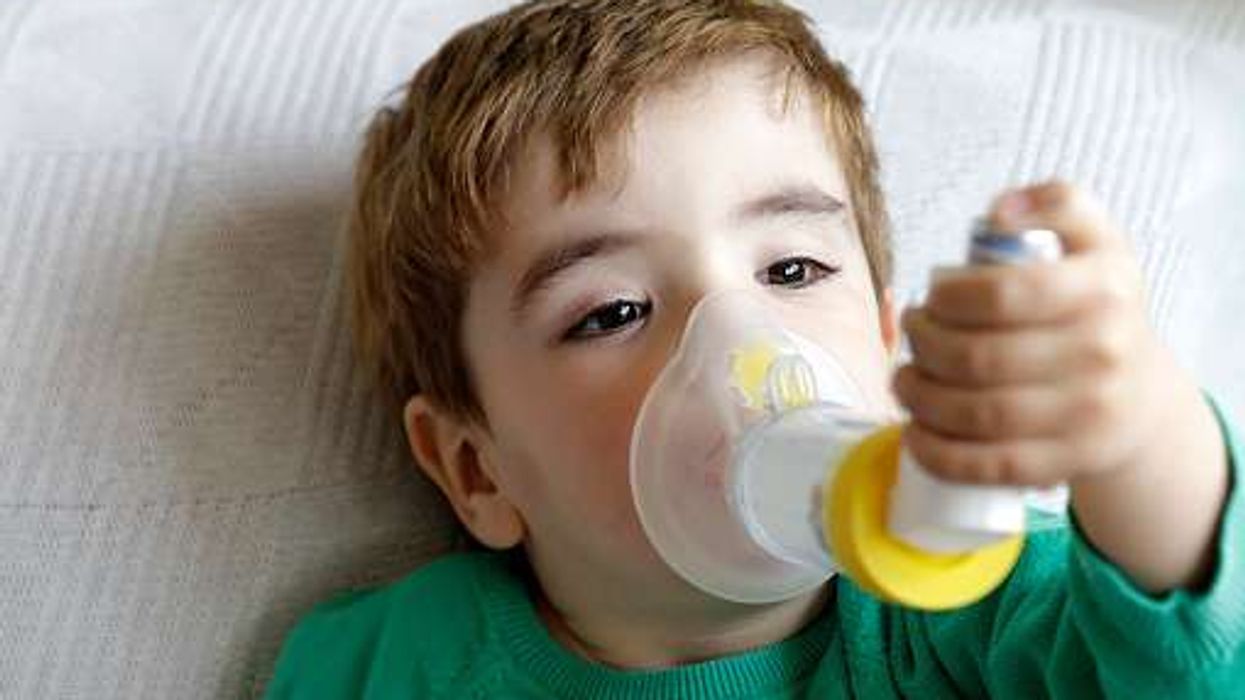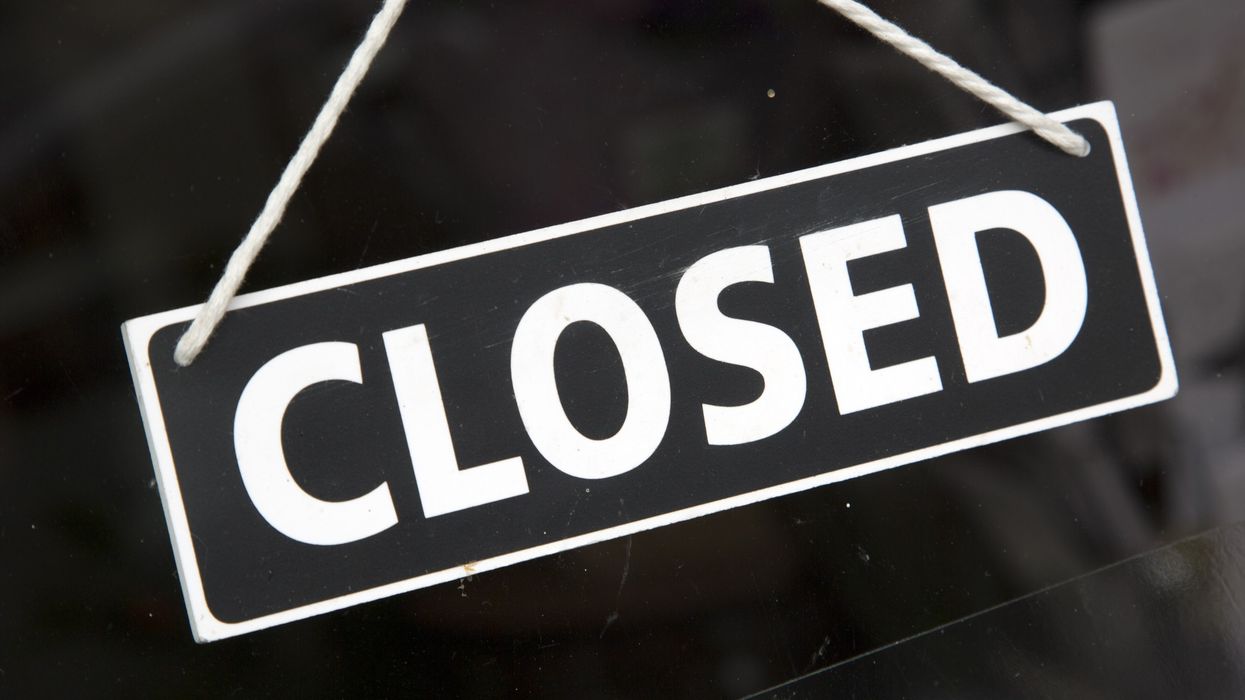Community Pharmacy England (CPE) has confirmed the conclusion of Community Pharmacy Contractual Framework (CPCF) negotiations, with funding details for the year ahead expected to be announced on Monday, 31 March.
CPE welcomed the findings of the independent analysis into community pharmacy funding, which played a key role in informing the negotiations.
“We are pleased that the government and NHS have published their Economic Analysis, which has informed CPCF negotiations and which they committed to being fully transparent about,” a CPE spokesperson said.
“The analysis underlines the critical pressures that pharmacies are under, as we have been warning for many years.”
The spokesperson added: “Now that CPCF negotiations have concluded we are working urgently to share full news and details about the year ahead with the sector – timings are dictated by Government, but this is scheduled to happen on Monday.”
CPE stresses that this is “an extremely anxious time for pharmacy owners.”
Nick Kaye, chair of the National Pharmacy Association (NPA), responded to the conclusion of CPCF negotiations, stating: "Pharmacies will be deeply relieved to have certainty about their financial position.”
"We’ll look carefully at the detail and consult with our members to understand what this means for their sustainability before issuing further advice.”
Kaye also acknowledged the significant challenges ahead.
"As the independent economic analysis has laid bare, the government have inherited an intolerable situation and have a mountain to climb to address the unprecedented challenges facing pharmacies across the country,” he said.
The long-awaited independent analysis into community pharmacy funding, carried out by Frontier Economics and commissioned by NHS England, found that 78 per cent of pharmacies in England are not sustainable in the short term.
Around 47 per cent of pharmacies were not profitable in their last accounting year and almost all pharmacies had funding which was lower than full economic cost.













